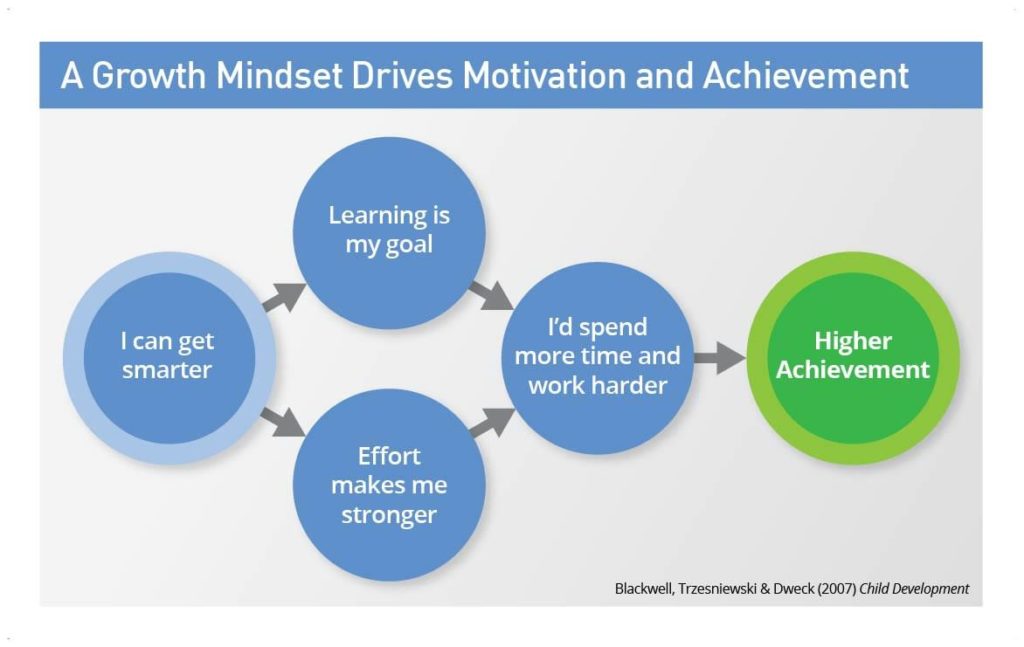I’ll never forget the moment I realized the first sales hire I made was going to quickly become a top performing agile salesperson.
She was targeting a critical account and brought me 10 unique articles about that account. She wanted my thoughts on the best ways to use the research to get a meeting. Her curiosity about the account and her focus on learning were behaviors I knew she would carry across her entire territory.
She “got it”, so to speak. She was going to use a dynamic, flexible and data-based approach to her work.
What is an Agile Salesperson?
An agile salesperson uses elements of the Agile Methodology to adapt their style and strategy to each target account. Agile selling allows sales reps to be more flexible, data-based, and move more quickly.
As I look back on the 100+ salespeople I’ve worked with, the top-performers are almost always very agile. They try new things, measure the results, and move quickly to iterate or adapt to what prospects are telling them.
The most adaptable or agile salespeople typically have a combination of the following behaviors:
- A focus on learning or iterating
- Bias towards action
- Curiosity
- Sound decision making
- Assumption recognition
- Growth mindset
Let’s take a deeper look at all of these critical behaviors.
Six Behaviors to Look For in an Agile Salesperson
1. A Focus on Learning or Iterating

Great salespeople are always trying to improve.
They are hungry for growth. Whether it’s learning about the latest technology, or researching the best techniques for cold calling, they are always looking for new ways to gain new clients. They stay current with industry changes and keep a close eye on what their competitors are doing.
If you see one of your salespeople genuinely trying to improve and constantly iterating on their approach, you know they are on the right track.
2. Bias Towards Action
An agile salesperson is extremely efficient with their time. After all, time is money, and wasted time is wasted dollars!
I always tell sales teams I work with, “Don’t wait for a response from me; take action!” One of the most important areas to focus on with a bias towards action is developing and testing messaging. Taking the lead and making your own decisions will have you getting messaging out faster, with quicker response rates, rather than discussing and deliberating and not actually picking up the phone or sending an email.
In software development (where the agile methodology has its roots), teams use “sprints” of short duration, high impact activities to focus their efforts. Agile sales teams do the same thing!
There are so many unknowns in sales – taking action and reacting to the results is extremely critical.
3. Curiosity

Curious people solve problems. “I don’t know,” is not an acceptable answer to them. If they can’t find a solution, they keep searching until they do.
Curiosity is one of the most critical behaviors to look for in an agile salesperson. The most curious reps are typically the best at solving problems, helping your team differentiate, asking questions, and being customer-focused.
Curiosity is closely tied to another important behavior, having a growth-mindset, which we touch on a little later in this article.
4. Sound Decision-Making
You want salespeople who make good decisions (duh). This involves making rational decisions on specific actions, based on certain results.
It’s important your salespeople reflect on how and why they make certain decisions. Self-examination is another type of curiosity that can help improve decision maker. For example, a very adaptable salesperson might ask themselves:
- Why should I focus on one buyer persona over another?
- Why did I choose this messaging over another?
- Should I call or email a particular client or prospect?
- Why did I approach account X and account Y differently? Was there a good reason?
When I hire new salespeople, I discuss with them where I want them to be months from now. I describe a situation and give them a product/service to promote, some information on the target market or buyer, and then ask them to build a campaign that has a high probability of succeeding.
I’m always looking for a response like this:
“I picked this buyer persona for [a good reason] and I’m going to test this messaging because of [another reason].”
You want to hear why they are making a specific decision, and what they are expecting as the result.
Agile salespeople know that you are making hundreds of really small decisions each day that will affect your overall results. The successful ones are always better at making the right decisions.
5. Assumption Recognition
Everyone brings assumptions and bias into their thinking process. Assumption recognition happens when you realize that you are bringing assumptions or bias into solving a problem. But acknowledging that you are making assumptions is the first step to better decision-making.
The second step is testing your assumptions and using actual data to make sound decisions. Assumptions are everywhere in inside sales – when you should call, if you should call, when to send emails, messaging tone, how to run calls, etc. Assumptions are not necessarily bad, but a great salesperson knows when they’ve made an assumption, and can adjust them on the fly.
Like every good 12-step program, the first step is recognizing you have an assumption problem.
6. Growth Mindset

A Growth Mindset describes the underlying beliefs that people have about learning and intelligence. When a person believes they can get smarter, they understand that effort makes them stronger. As a result, they put in extra time and effort, and that leads to higher achievement.
A Fixed Mindset, on the other hand, describes the underlying belief that people believe their basic qualities, such as intelligence or talent, are simply fixed traits.
A Growth Mindset is a vital characteristic for agile salespeople. It leads to increased motivation and achievement. These are necessary ingredients for success!

I’ve seen all of these behaviors in top-performing salespeople. Without a doubt, there are other critical behaviors such as drive, emotional intelligence, and coachability that play a major factor in the success of agile salespeople.
For sales managers, ensure you are rewarding and enforcing the behaviors listed above and do your best to hire for these behaviors. The culture that managers and organizations create will either amplify or kill these behaviors.
Salespeople, it’s up to you to own things like taking action, being curious, and constantly wanting to improve.







